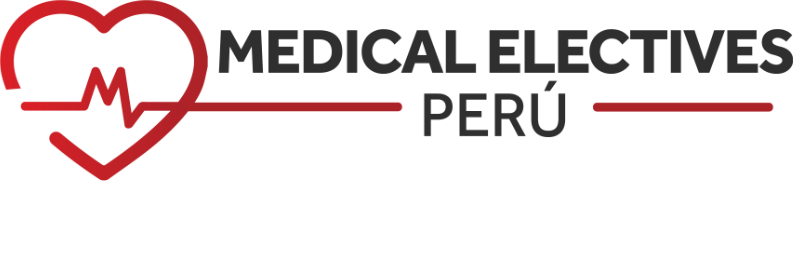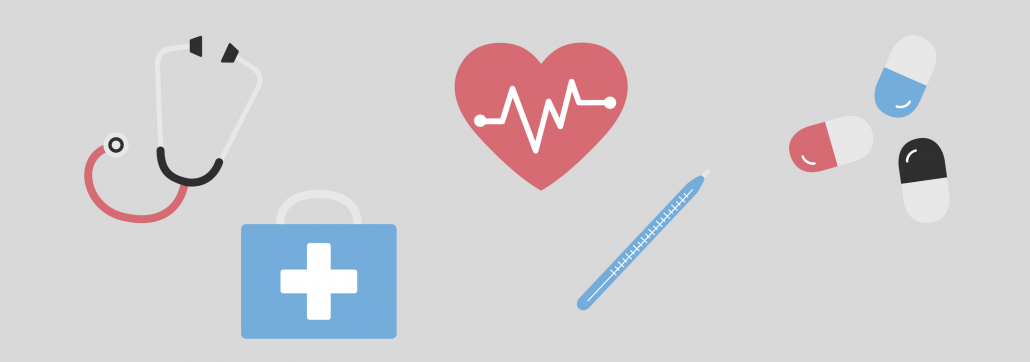Preparing for a medical elective abroad
Preparing for your medical elective abroad
At the end of several years of hard study, your medical elective abroad is certainly something to look forward to. Some students look for an adventure, while others focus on learning about health care in a different country. Whatever your motivation, try to prepare well in advance.
Once you know what you want to gain from the experience, it will be easier to whittle down the options of where to go.
Where will your medical elective take place?
The world is your oyster, with elective opportunities everywhere. All have their advantages and disadvantages. One factor to consider is the cost of living. Others include weather, safety, opportunity to travel, and social life. Of course, do not forget what will your clinical experience be like.
Have a Social life abroad
Do not underestimate the importance of your social life. Once you begin your elective, you will have plenty of time outside the hospital. How will you spend this time? It is no fun feeling lonely, especially in another country. One benefit of using an elective organization is having others around you to spend time with, travel with, and have fun with. Depending on the provider, social activities may be included in the program.
Arranging your clinical rotation
Many hospitals and elective programs fill up quickly. Therefore, it is important to begin the application process early. Contacting hospitals directly can be frustrating, so, just like medical schools, it is worth getting several rather than setting your heart on only one place. The Elective Network is a fantastic resource to learn about individual hospitals and organized elective providers.
Once you get approval from the hospital or elective program, you must contact the elective signed off by your medical school. Each school has its policies and requirements. Your host hospital or elective provider should be able to supply you with the information you need. Typically, they will want details of where you are staying and who will be your preceptor, and they may wish to further information about health and safety provisions at your destination.
Visas and Vaccines
You finally have the rotation agreed upon by your school and destination hospital. It is now time to organize your travel. Before going ahead and booking your flights, it is essential to check if there are any visa requirements for your destination. Again, each country is different. An internet search should provide all the details you need.
Again, vaccination requirements will vary from country to country. The US site, Centers for Disease Control and Prevention, is an excellent place to start, which has detailed information about every country worldwide. As well as general vaccination requirements, you should check with your destination medical facility whether they have additional vaccine requirements.
Insurance
You MUST have travel insurance in place when traveling abroad. It is improbable that you will need to use this insurance, but it is possible. The expense is relatively small, but its value is potentially hundreds of thousands of dollars. If you are involved in a serious accident, the costs may include getting you out of the country and expensive medical treatment. If you do not show the local healthcare provider evidence of your travel insurance, it is unlikely that you will receive the treatment you need without first handing over a credit card.
Are you required to purchase indemnity insurance as well as travel insurance? Again, you must check this with your elective provider or destination hospital. If not, you must always work under the supervision of responsible healthcare professionals.
Safety Abroad
Wherever you go, it is doubtful that you will be the victim of a crime or be involved in an emergency. Nevertheless, try to learn what you can about your host country.
Your home country probably has a government website providing up-to-date safety advice for citizens traveling abroad.
- US citizens https://www.state.gov/travel/
- Australian citizens http://smartraveller.gov.au/Pages/default.aspx
- British citizens https://www.gov.uk/foreign-travel-advice
When you arrive at your elective destination, you should also find out locally regarding Dos and Don’ts. These may include advice regarding areas not to visit or local dress codes.
Where will you stay?
Your accommodation will play a significant role in determining your elective’s success. The priority is your safety and then comfort. Are you staying in a safe area? Are you near to the hospital? If not, how will you get there? Are you staying with other students? Will you have your own room?
An elective organization should ensure that you respond satisfactorily to the above questions. Nevertheless, do check. If you travel independently, ensuring you are happy with your accommodation details is especially important before leaving your home country.
Packing, money, phone and documents
As well as packing clothes for the weather, you should consider how developed your destination is. Should you bring your hand sanitizer or surgical gloves? Are you taking a laptop or a phone? Which plug sockets work in your destination country? After your elective, are you traveling to the mountains or the jungle?
Remember, you can generally buy most things at your destination. So, please do not overdo it. You may want extra luggage space to bring back a few gifts or souvenirs at the end of your trip.
Most people use debit/credit cards when traveling abroad. Unless your elective is at a very isolated location, most shops will accept cards, and you will find ATMs to withdraw cash. It is worth bringing at least two cards and keeping them separate if you lose one. Also, inform your bank that you are traveling abroad before leaving home. Hopefully, this will prevent them from freezing your account when they see transactions abroad.
You will find wifi somewhere in most destinations. You are unlikely to see this in a hospital, but you will in cafes and hopefully at your accommodation.
Make a digital copy of relevant documents, such as travel insurance and your passport.
Support
Traveling to a country on the other side of the world is exciting. However, it also means you are on the other side of the world. You must have local support. Support could be a local doctor or your elective provider. The support you need may be just local travel advice, but it could also be to manage a serious incident. You should send details of your new address and the details of your host country contact to your family back in your home country.
Experience of a lifetime
Your medical elective abroad will hopefully be one of the best experiences of your life. We often speak with past students, now health care professionals, who tell us of the fond memories of their elective years earlier in Peru.
Wherever you go, and however you do it, spend a little time planning to ensure yours is a wonderful experience without hiccups.







